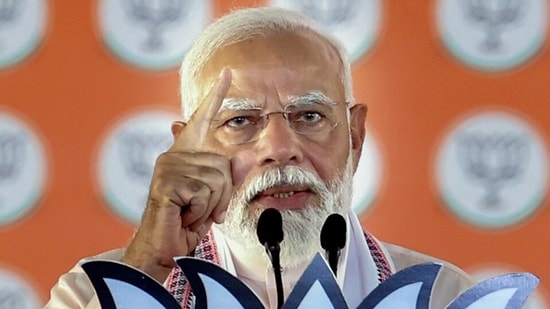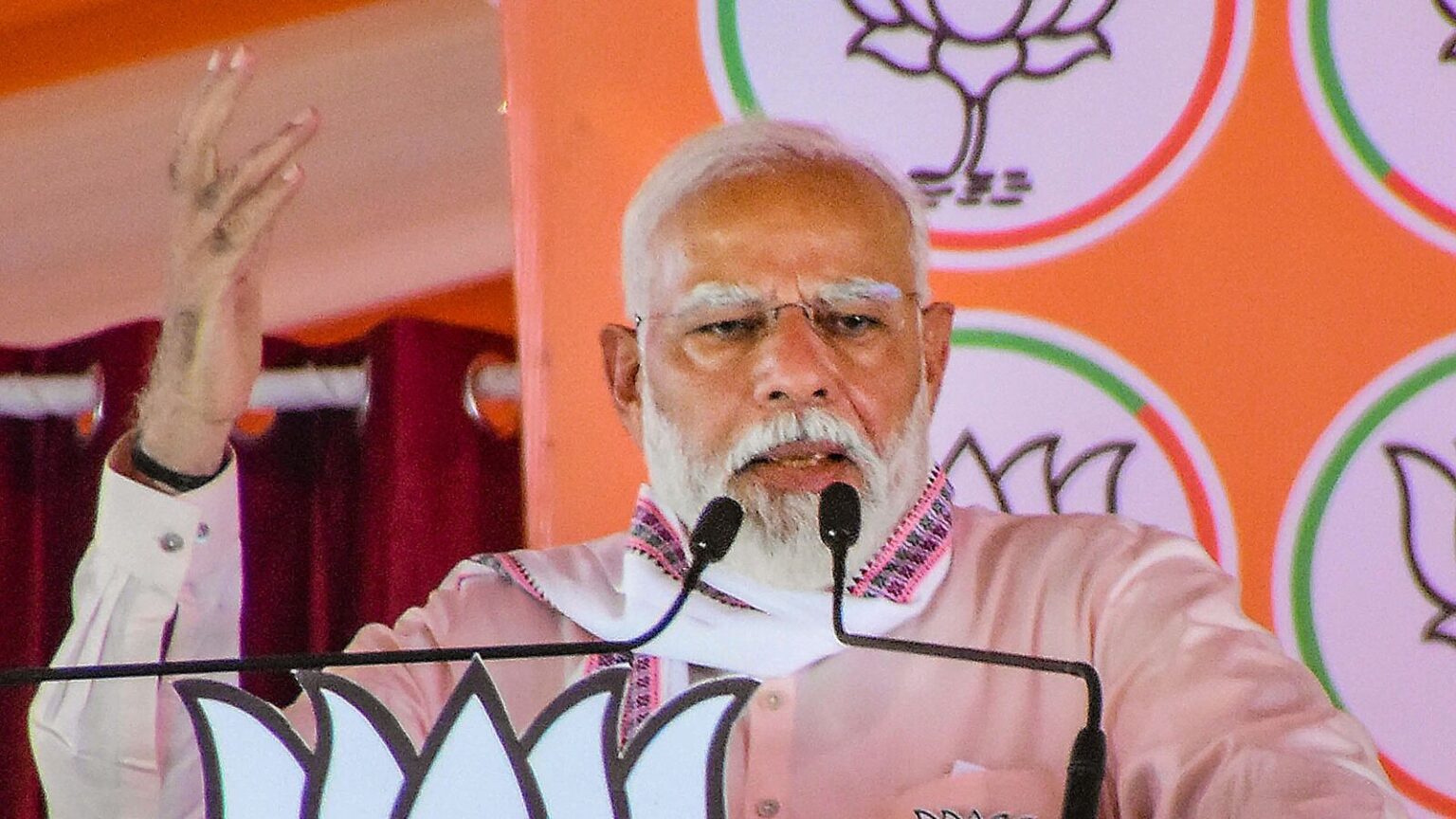In a recent address, Prime Minister Narendra Modi took a jab at Rahul Gandhi and Akhilesh Yadav, referring to them as the “flop do ladko ki jodi,” which translates to “the duo of two failed boys.” This remark comes amidst the escalating political tensions in the run-up to the Uttar Pradesh assembly elections.
Modi’s choice of words reflects the political rhetoric commonly employed in Indian elections, where opponents are often subject to personal attacks and name-calling. By labeling Gandhi and Yadav as a “flop duo,” Modi seeks to undermine their credibility and portray them as ineffective leaders.

Source:- BBC news
Rahul Gandhi, the scion of the Nehru-Gandhi political dynasty and the former president of the Indian National Congress, has faced criticism for his party’s electoral performance in recent years. Despite being a prominent figure in Indian politics, Gandhi has struggled to revive the Congress party’s fortunes, especially in key battleground states like Uttar Pradesh.
Source:- India Today
Akhilesh Yadav, the former chief minister of Uttar Pradesh and the president of the Samajwadi Party, has also faced challenges in maintaining his political relevance. While he enjoyed some success during his tenure as chief minister, his party’s performance in subsequent elections has been mixed, leading to questions about his leadership abilities.
Modi’s characterization of Gandhi and Yadav as a “flop duo” is intended to bolster his own image as a strong and decisive leader, contrasting himself with what he perceives as ineffective opposition figures. By framing the upcoming elections as a choice between his leadership and the purported failures of his opponents, Modi aims to sway undecided voters in favor of the Bharatiya Janata Party (BJP) and its allies.
However, it remains to be seen how voters will respond to such rhetoric, as political dynamics in India are often complex and influenced by a variety of factors. While personal attacks and name-calling are common in Indian politics, voters may ultimately prioritize issues such as governance, development, and socio-economic concerns when casting their ballots.
Share your views in the comments

